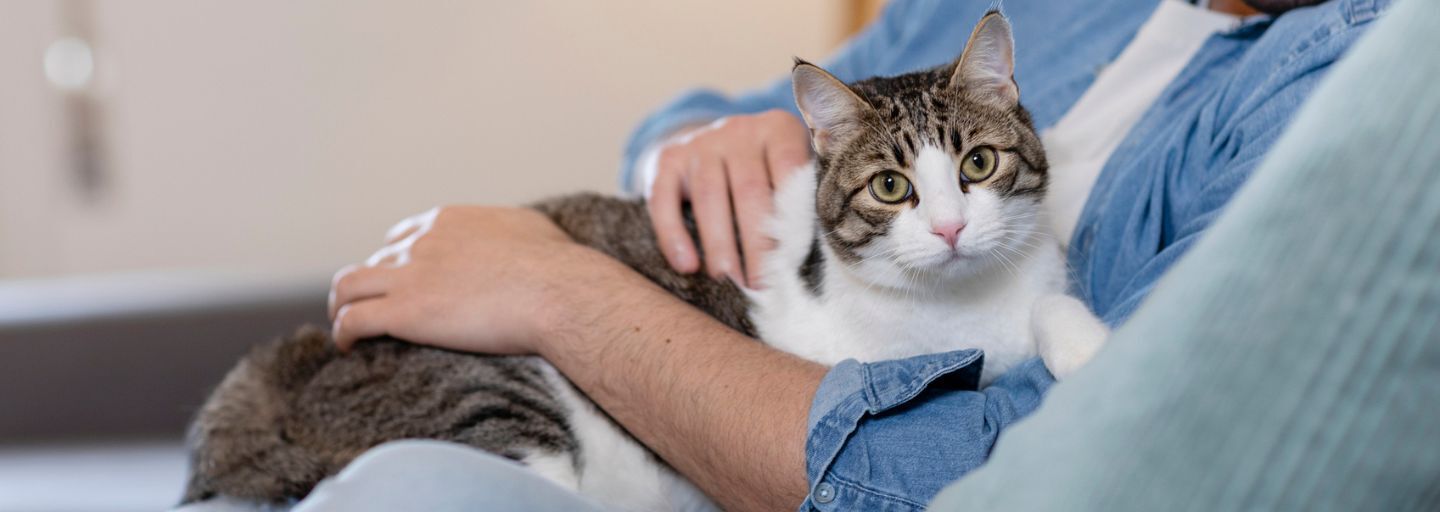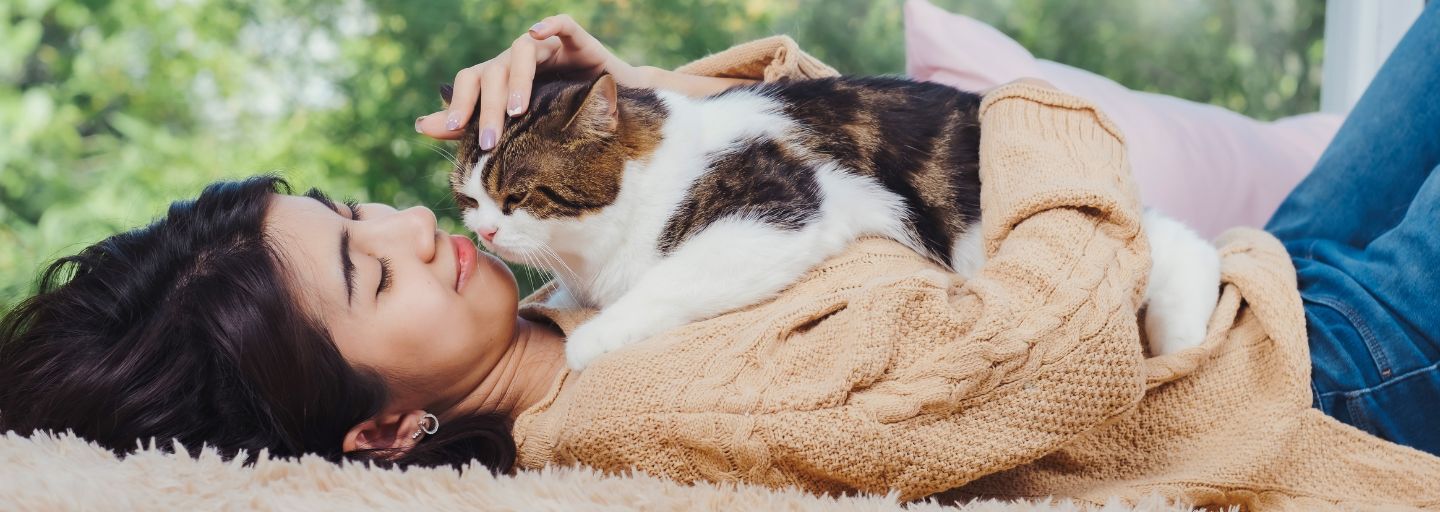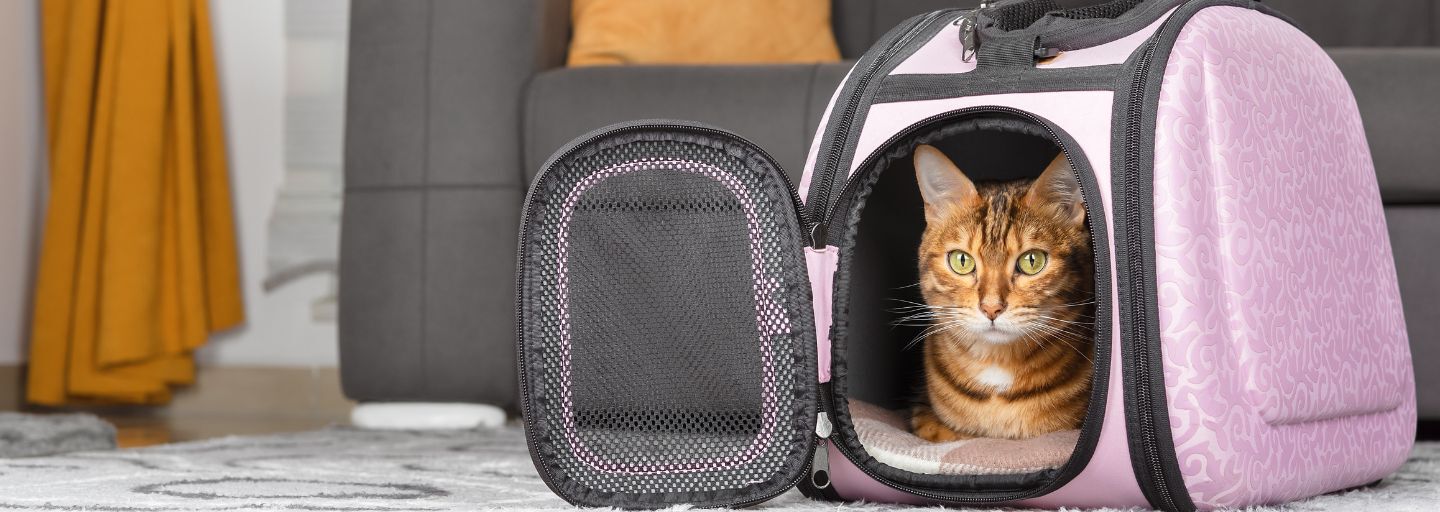Boarding Cats
Taking your cat with you on vacation is, in most owners' cases, simply not an option. Traveling overseas precludes this, and the feline talent as escape artists makes it impractical. For many owners, kenneling their pets while they travel is the best solution. Your pet is safe and well looked after, and you can relax.
Many owners still worry about leaving their cats in catteries; however, as they are unsure how their cat will cope. Here are some tips on helping your cat have a great holiday too.
Start Young
The best time to get your cat used to a cattery or kennel is while they are young. Kittens accept new situations readily and will cope well with change. Book your kitten into your chosen boarding establishment for a night or two. This will ensure your cat accepts their holiday location throughout life.
If you haven't done this and your cat is now an adult, don't worry too much. Your cat can still accept their new holiday locations later in life. A test night or two, prior to leaving them for a longer vacation period, may help ease your pet into their holiday and may assure you too that your pet is safe and comfortable.
Cattery Check
Most owners relax when they know their pet is comfortable and well taken care of. This means being confident in the care that their chosen boarding establishment offers. It is essential that you do your research when choosing a kennel or cattery. Ask your vet. Ask friends with cats which places they have used. Visit several and see what they have to offer. Ensure they are clean and that the cats in residence at the time look well and happy.
What Your Cat Needs
All cats are individuals, and you, as an owner, are best at knowing your cat's requirements - for comfort, diet, grooming, and playtime. Check that the boarding facility provides the services your cat needs.
Cats tend not to be too sociable with other cats. For this reason, most boarding facilities keep cats separate. If you have more than one cat, you may like them to stay together. Remember, however, that in confined circumstances, they cannot get away from one another so ensure they truly are happy spending time together.
Most cats enjoy a hiding spot within a cage, especially when they are a little unsure of their surroundings. Check that this is provided. If not, can you bring your cat's own bed or box? Bringing items that belong to your cat may help make them feel more secure. Food provided in their own bowl or sleeping on their blanket may ensure continuity of care when away from home. Many establishments discourage this, however, as items can get damaged or lost.
Kennels may or may not have space for exploration and play, either within the cage itself or within an enclosed room or outdoor space. Check that you are getting what your cat requires. These days dog kennels offer extras such as training, sofas, or beds (human ones) to snooze on and webcams so you can watch your canine companion while you holiday. Most cat kennels are not quite at this stage, but we may see extra services such as these appearing in the future.
Still Unsure?
If your cat dislikes boarding, or if you are still unsure of the process, consider other holiday possibilities such as house sitters that will look after your pets or those who will drop in to feed your cat. Remember to leave your contact details and those of your veterinary clinic.
Coming Home
Owners are often surprised to find that their cat does not jump for joy when they return home. In fact, quite the opposite, and the cat often has a very quiet, watchful phase. This is perfectly normal and does not mean your cat loves you less or is paying you back for leaving. It is simply an animal’s way of integrating themselves back into their social circle. They will be back to normal before long.
If only one animal has been boarding and is then reintroduced to others, keep a watchful eye on proceedings. Interactions are often intense at these times and may even result in short bursts of aggression. Give each pet space, and life should return to normal soon.



